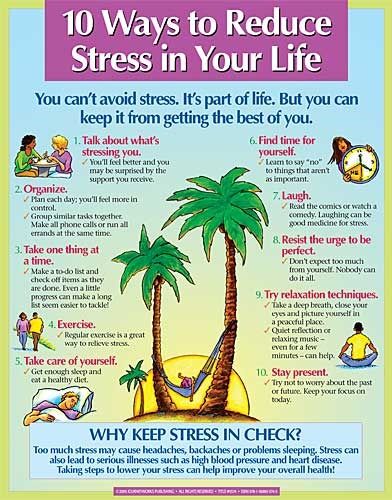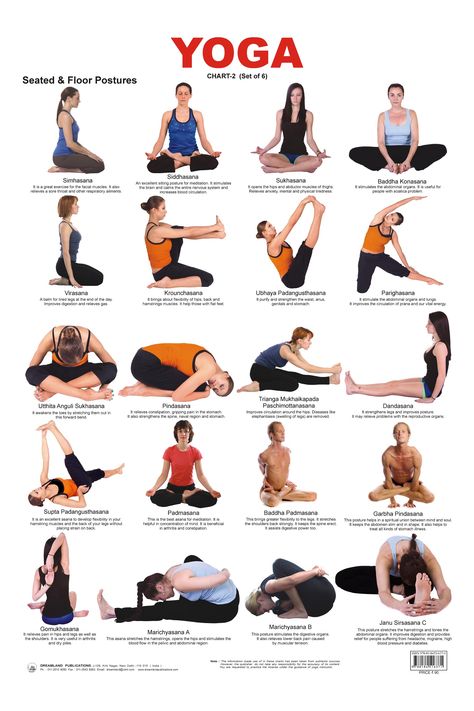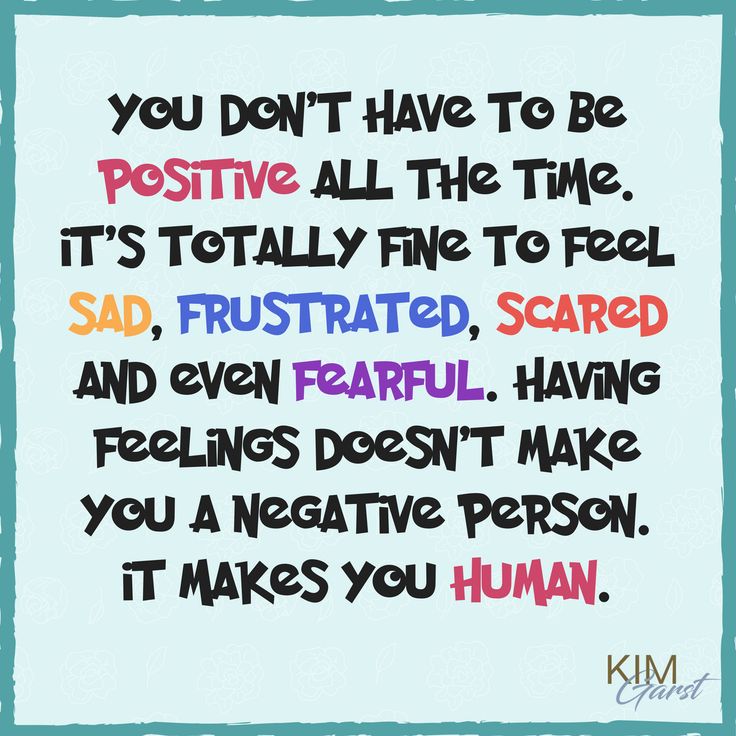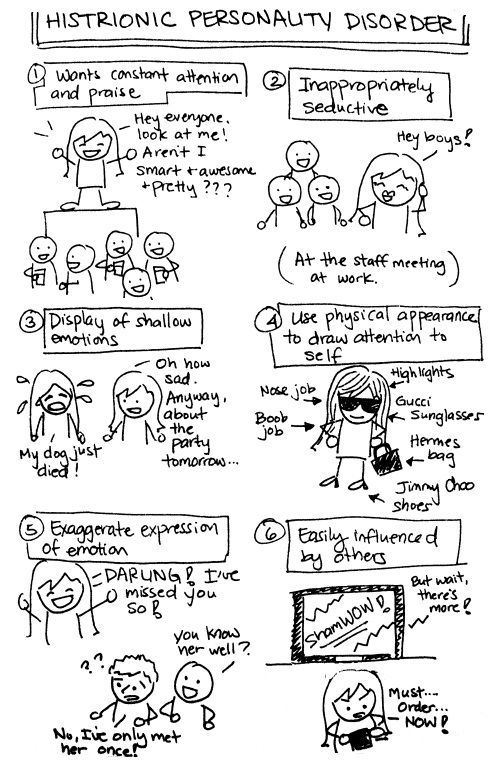Negative ways of dealing with stress
The 8 Worst Ways to Cope With Stress
Wellness
Source: American Psychological Association, Cleveland Clinic, Harvard, Healthline, Mayo Clinic , Healthline, Mayo Clinic, Everyday Health, Mayo Clinic
Stress can be managed in various ways, but not all coping techniques are created equal. Most stress management techniques have positive effects on the mind and body; however, some coping mechanisms can be harmful to overall health, relationships, or careers. While these responses may seem to help in the moment, they do not improve the situation or the body’s response to it, and they often come with their own consequences. Here are eight of the worst ways to cope with stress:
- Drinking too much alcohol
While alcohol may relieve stress momentarily, consistent overindulgence can lead to several negative health consequences, including addiction, depression, liver disease, heart problems, and other serious health conditions. - Taking drugs
Illegal drugs, prescription drugs, or over-the-counter drugs, such as sleeping pills, are sometimes used to cope with stress.However, similar to alcohol, these drugs do not solve the problem or improve the body’s stress response. Serious health or legal consequences may also occur.
- Smoking cigarettes
For habitual smokers, smoking a cigarette can create a short-term calming effect. However, the use of cigarettes increases stress levels in the body, harms the respiratory system, and contributes to serious illnesses. - Comfort eating
While eating can provide comfort and distraction from a stressful situation, comfort eating and overeating can lead to guilt and shame, as well as weight gain, obesity, and obesity-related illnesses. Maintaining a healthy diet can actually reduce stress. - Sleeping too much
Sleep provides a temporary reprieve from reality, but the problem remains upon waking. In addition, long naps can interfere with sleep at night, and too much sleep in general can interfere with work, school or other important tasks. Healthy adults should aim to get seven to nine hours of sleep each night.
Healthy adults should aim to get seven to nine hours of sleep each night. - Withdrawing from loved ones
Isolation can negatively affect mood and outlook, which can increase stress. Spending time with friends and family who listen and provide support is important. - Taking stress out on others
Lashing out at others can release some pent-up tension, but it also negatively impacts relationships. When coping with stress, breathing and decompressing before reacting to an upsetting situation is essential. - Increasing screen time
Whether constantly watching the news or frequently refreshing social media feeds, too much screen time can increase stress levels. Screen time should be limited, allowing plenty of time to disconnect.
By avoiding these ineffective and harmful ways to deal with stress or replacing them with healthy stress management techniques, stress can be reduced and mental and physical health can be improved.
Did you find this helpful?
Topics
Stress ManagementWellness
You may also like
Stress Management
Stress, anxiety, depression, and anger can increase the perception of pain. By taking control of these emotions when they first surface, patients can help relieve their pain.
learn more
Wellness
What Is Stress Management?
Wellness
Supplements for Stress Management
Wellness
Physical Activity for Stress Management
Wellness
Relaxation Techniques for Stress Management
Wellness
Foods to Avoid for Stress Management
Wellness
The 4 A’s of Stress Management
Wellness
Foods to Eat for Stress Management
Wellness
Emotion-Oriented Approaches to Stress Management
Wellness
Acceptance-Oriented Approaches to Stress Management
Wellness
Action-Oriented Approaches to Stress Management
Wellness
Meditation: Managing Stress - Part 1
Wellness
Meditation: Managing Stress - Part 2
Wellness
7 Tips to Manage Stress Levels
Wellness
4 Simple Techniques to Manage Stress
Wellness
Infographic: Stress-Reduction Techniques for Chronic Pain
Wellness
The Difference Between Distress and Eustress
Wellness
Reduce Stress to Decrease Pain
Wellness
Stress and Chronic Pain
Wellness
The Difference Between Stress and Anxiety
Healthy Vs.
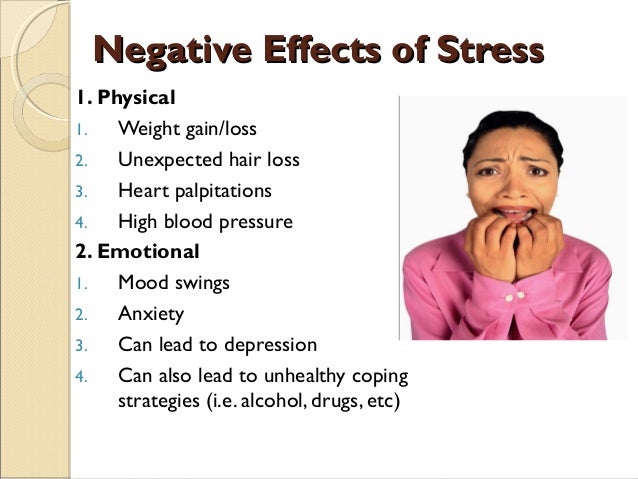 Unhealthy Coping Mechanisms
Unhealthy Coping MechanismsImagining a world before COVID-19 can be hard to do, let alone imagining that COVID-19 has disappeared. Being confined to our homes can be especially difficult because it likely means that daily routines have been interrupted. This period of uncertainty has led to a rise in mental health and addiction challenges for many people, even if they did not suffer from these issues before.
You should know that you are not alone in these feelings, and that there are both healthy and unhealthy ways to cope and manage your stress. Listed below are common ways we tend to think we are helping ourselves and other solutions that might prove more beneficial.
Some of the most common unhealthy coping mechanisms are:
- Avoiding issues. Though this might feel like an easier way to deal with current problems but pushing back your issues will ultimately find a way of reaching the surface again, possibly as a trigger.

- Sleeping too much. Very similar to avoiding issues this is another distraction that might feel better in the moment. Your body needs rest but also requires physical movement as well.
- Excessive drug or alcohol use. Drug and alcohol use can be a slippery slope. Stimulants and depressants may help to numb feelings, pain and subside those negative thoughts that are actively being avoided, but excessive use can lead to severe health complications, addiction, overdose and death.
- Impulsive spending. Retail therapy is often as simple as purchasing a small trinkets or gadgets but can often lead to severe financial problems within the family, hoarding or secrecy.
- Over or under eating. Your body needs nutrition and fuel to function throughout the day. Anything over or under the recommended guidance can cause severe health issues or sickness.
“It is easier to revert back to the unhealthy coping mechanisms—we do it automatically.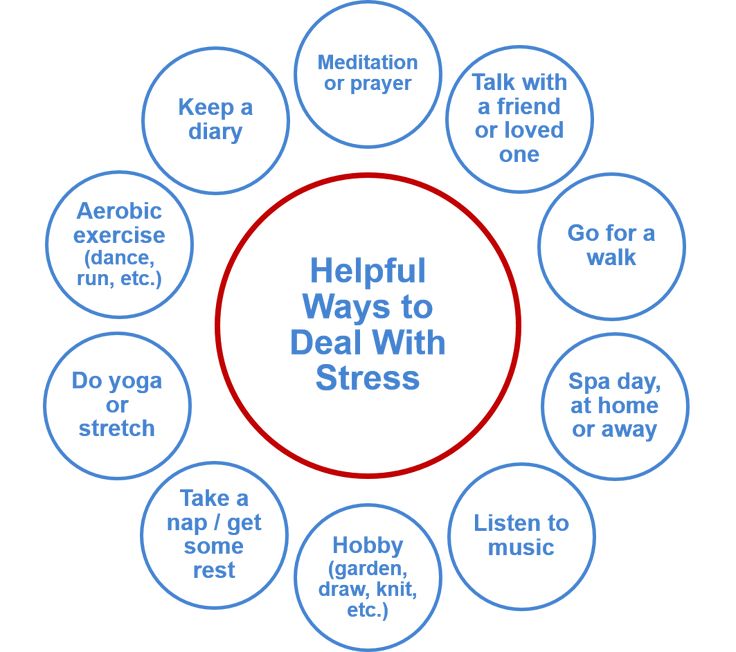 We are all predisposed to relying on negative coping skills. It’s important to check in with yourself routinely to determine if you are employing healthy coping skills,” says Dr. Jessica Sullivan, Director of Centerstone’s Certified Community Behavioral Health Clinic.
We are all predisposed to relying on negative coping skills. It’s important to check in with yourself routinely to determine if you are employing healthy coping skills,” says Dr. Jessica Sullivan, Director of Centerstone’s Certified Community Behavioral Health Clinic.
If you notice yourself feeling anxious, depressed, or just having a difficult time, try using these methods to help. Utilizing these methods will help you address your mental health challenges in a much more positive and long-lasting way:
- Facing the problem. Focus on what is making you feel this way, and then find solutions that will help you overcome it. Some solutions could be attending meetings, using a creative outlet, and more.
- Talking to a trusted friend or family member. Daily responsibilities can be mentally and physically taxing at times. Find ways to stay motivated by scheduling phone calls to decompress with friends, to have someone assist holding you accountable and to ultimately find safety in your thoughts.
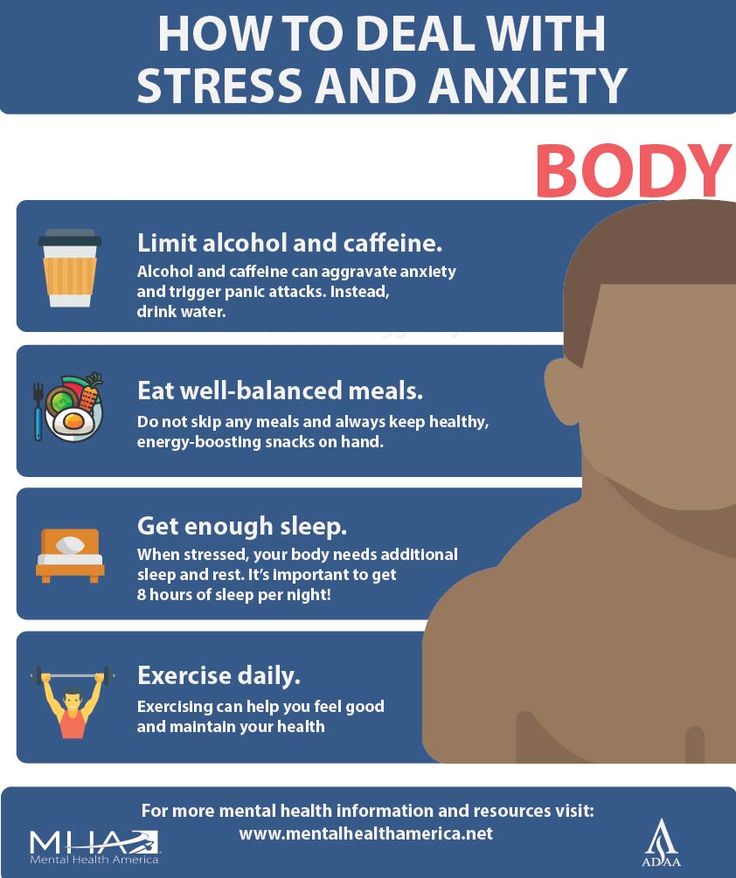
- Participating in a hobby or sport. Creative or athletic outlets can be both stimulating and therapeutic. Making sure you are setting aside time to utilize these practices will allow a routine to take place.
- Learning what your triggers are. With substance use or other mental illnesses, it is useful to know what triggers your negative responses. Keeping track of how you feel with different situations and being aware of how you react will help set you up for success.
- Seeking professional treatment. Navigating emotions, triggers and addictions can be challenging without professional help. Helping yourself or your loved ones get connected to therapy can be beneficial to learning how to cope and process emotions and behaviors through a different lens.
Centerstone is here for individuals and families facing mental health and addiction challenges. Give us a call at 1-877-HOPE123 or visit www.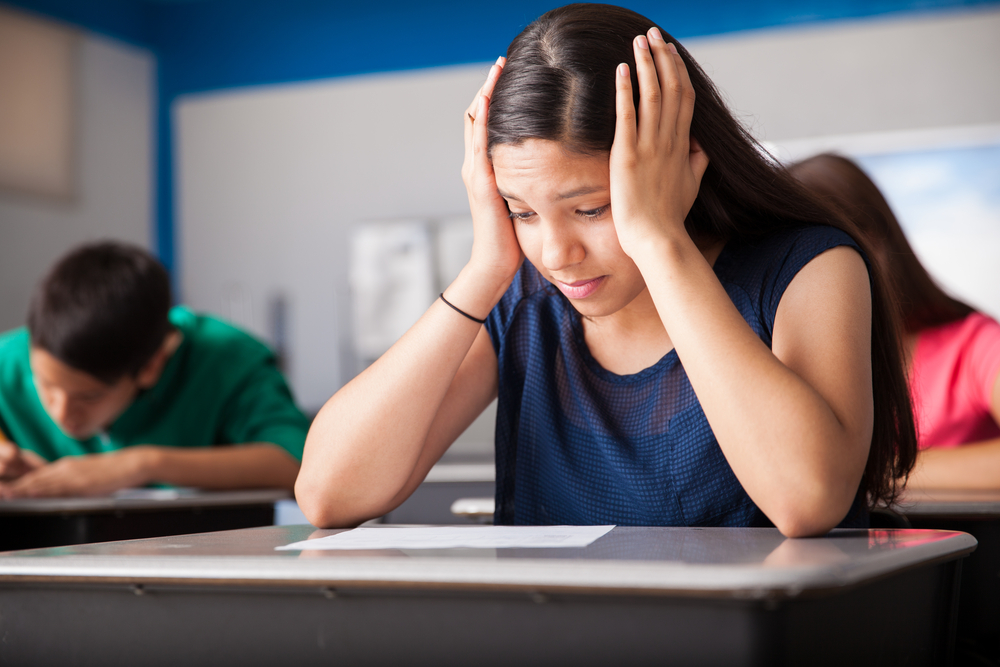 centerstone.org to learn more.
centerstone.org to learn more.
Location Finder
Know someone who can benefit from these tips? Share this article with them on social media.
If you are in crisis, please call our crisis line, call 911 or visit the nearest emergency room.
If you're still having trouble and would like to reach out to someone about counseling or other Centerstone services, contact us.
KGBPOU "Rubtsov Pedagogical College" - Constructive ways to deal with stress
Stress (from the English. also the corresponding state of the nervous system of the organism or the organism as a whole.
Stress is one of the most common causes of trouble, suffering and failure of any person, because the modern lifestyle is a constant haste, nerves, emotions. Hans Selye emphasized that there is no need to be afraid of this: stress is an indispensable component of human life. It can both reduce and increase the body's resistance. Stress manifests itself both in love and in creativity, of course, bringing pleasure and protecting from the blows of life.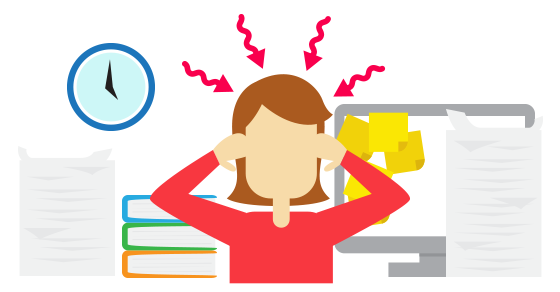
Stress can be prevented by providing members of society with favorable conditions for development, freedom in choosing life attitudes and positions.
The first stage of stress manifests itself at the first appearance of the stressor and is called the anxiety stage. This stage is characterized by a decrease in the level of resistance of the organism, a violation of some somatic and vegetative functions. Then the organism mobilizes reserves and includes mechanisms of self-regulation of protective processes. If the defensive reactions are effective, the anxiety subsides and the body returns to normal activity. Most stress is resolved at this stage. Such short-term stresses can be called acute stress reactions.
The second stage, stage of resistance (resistance), occurs with prolonged exposure to a stressor, when it becomes necessary to maintain the body's defense reactions. There is a balanced expenditure of adaptive reserves against the background of the tension of functional systems adequate to external conditions.
The third stage is the stage of exhaustion. Occurs when the mechanisms of regulation of protective and adaptive mechanisms are disturbed during the period of the body's struggle with excessively intense and prolonged exposure to stressors. Adaptation reserves are significantly reduced. The resistance of the body decreases, which can result not only in functional disorders, but also in morphological changes in the body.
Every day people face various situations and events that affect them negatively.
The incoming information flow is so great that the brain starts to work actively, trying to sort it out. This differentiation is manifested in the stress of information processing by the brain.
Information stress awakens negative emotions in us, such as fear, anxiety, irritability.
Very common today among people of all countries and continents is motor stress . Normally, a person should walk 10,000 steps a day.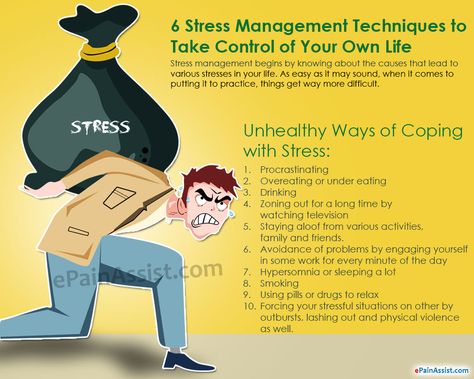 Modern technologies, sitting at computers for many hours do not give people such an opportunity. But when walking, the active points of the foot are stimulated, the blood flow throughout the body increases, and the brain is kept in good shape from the working muscles.
Modern technologies, sitting at computers for many hours do not give people such an opportunity. But when walking, the active points of the foot are stimulated, the blood flow throughout the body increases, and the brain is kept in good shape from the working muscles.
These causes are not the only sources of stress, there are many more to list. But it is more important to understand that all these influences do not go unnoticed for people. Stress tends to accumulate, as it is a response to the ongoing changes in our lives. Our body and psyche react physically, emotionally to any changes in the status quo. Moreover, changes do not have to be negative, positive changes can also be quite stressful. Sometimes the thought of upcoming changes can be stressful. Therefore, it is very important to learn to remain calm and self-possessed. The first person who needs to provide anti-stress help is ourselves.
How to recognize impending distress
If unpleasant events occur in your life that can lead to distress, and you are worried about your condition, then try to listen to yourself and identify the presence of symptoms of impending distress:
Ø Overeating or loss of appetite ,
Ø Insomnia, apathy,
Ø Increased irritability and restlessness,
Ø Lack of sense of humor.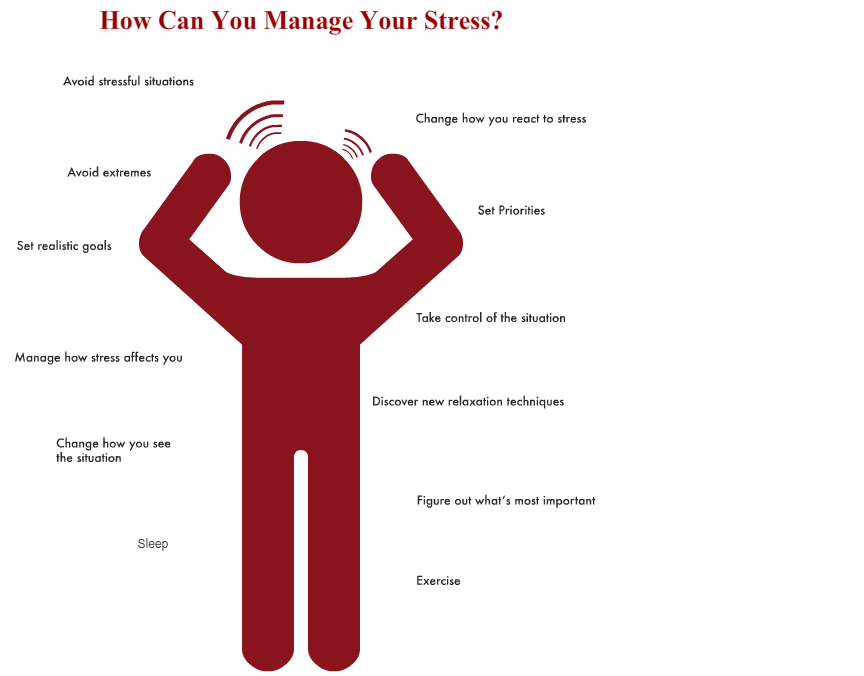
Ø Forgetfulness, difficulty doing usual work,
Ø No need to communicate with friends,
Ø Unreasonable jealousy and suspicion.
Against the background of the distress may be Health :
Ø Headache
Ø Inexplicable fatigue
Ø Pain in the field of
Ø Reducing performance
Ø increased blood pressure
Ø Ble
Ø increased sweating.
Ø Lack of air
Ø Nausea
Ø Muscle pain
If these symptoms occur, then it is obvious that negative phenomena are happening in your life, and you cannot quickly and correctly respond to them. This may be a long conflict or a forced separation from a loved one. To correct the situation, it is necessary to take emergency measures, and you should start with the most affordable means.
Student stress
Students, evaluating the signs of stress caused by intense study, the most pronounced manifestation of stress called a decrease in working capacity and increased fatigue. Also, sleep disturbances and haste caused by a constant lack of time were also attributed to the negative consequences of educational stress. Students noted problems in communication, violations of social contacts.
Also, sleep disturbances and haste caused by a constant lack of time were also attributed to the negative consequences of educational stress. Students noted problems in communication, violations of social contacts.
These and many other reasons are both objective and subjective. Researchers refer to subjective reasons as an overly serious attitude to learning, shyness and shyness, and problems in their personal lives. To objective factors - a large teaching load, strict teachers, life away from parents.
If we consider the factors of stress relief in students, then destructive factors include alcohol consumption, increased daily smoking rates, excessive food intake.
Under stress, intellectual activity usually suffers. Almost all characteristics of attention are violated: stability, concentration, volume, distribution, switching, increased distractibility is noted. Memory function suffers to a lesser extent. The constant congestion of consciousness with educational material reduces the capacity of RAM, the process of reproducing the necessary information is disrupted.
According to researchers, one of the first places is taken by exam stress , which causes mental stress in students. Often the exam becomes a strong psychotraumatic factor. Exam stress is usually understood as the state of the person taking the exam. In reality, exam stress begins from the moment when a student realizes that in the near future he will inevitably have to take one or another exam.
The student may experience several weeks of anxious anticipation of an exam, which peaks in the classroom where the exam is being taken. Therefore, certain changes in the body of students occur both during the exam and before it. During the exam, the pulse quickens, breathing quickens, blood pressure rises. By the end of the session, the parasympathetic system is activated, which is accompanied by a drop in heart rate and blood pressure. If a student gets a lower than expected grade, then the upcoming exam causes even more stress.
Adaptation to stressful conditions is better for students with high motivation to achieve success and low motivation to avoid failure.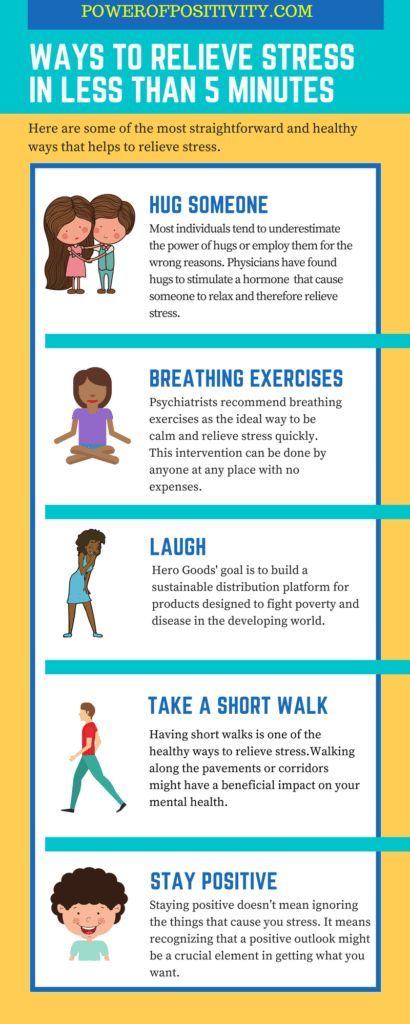 Active, ambitious, impatient, restless, success-oriented people are more prone to stress than people with a low level of claims, who do not claim a high position in society.
Active, ambitious, impatient, restless, success-oriented people are more prone to stress than people with a low level of claims, who do not claim a high position in society.
According to most researchers, exam stress is a serious threat to the health of students. It should be noted that exam stress is not always harmful. In certain situations, psychological stress can have a stimulating value, helping the student to mobilize all his knowledge and personal reserves to solve the educational tasks assigned to him.
Correction of the level of examination stress can be achieved by different means
• with the help of pharmacological preparations,
• by methods of mental self-regulation,
• by optimizing the regime of work and rest,
• with the help of a biofeedback system, etc.
In the first year, the student faces a situation of uncertainty, which requires the mobilization of many resources of the body. At a certain stage, the student successfully cope with various influences. At the same time, the level of functioning of the body is accompanied by an intensive waste of vital reserves. If the body fails to adapt to an extreme factor for a certain time, and its resources are depleted, then exhaustion may occur (disease occurs).
At the same time, the level of functioning of the body is accompanied by an intensive waste of vital reserves. If the body fails to adapt to an extreme factor for a certain time, and its resources are depleted, then exhaustion may occur (disease occurs).
In order for a stressful situation not to turn into distress, it is necessary to analyze it and decide what can be done in order to acquire peace of mind.
1. Get your diet in order. Small portions of carbohydrate-rich food contributes to the production of the hormone of happiness - serotonin.
2. Try to calm down . Go to the park, sit on a bench or walk down the alley. In the evening, take a warm bath, massage, listen to pleasant soothing music.
4. Be realistic. Remember that failures are sure to be replaced by happy days. Or maybe what happened is the best way out of this situation?
5. Try sometimes to let something take its course , it is impossible to control everything all the time.
6. Talk about your problems with a loved one . This will help you understand their essence, get advice from those who love you and feel that you are not alone.
These examples will give you the opportunity to take a break, relax, calm down and reduce the negative effects of distress on health.
How to resist prolonged stress
Relax training
A person's mental state depends on many factors, in particular, on the ability to withstand prolonged stress. These methods will help to cope with depression, bad mood, irritability. Modern medicine pays great attention to the psychological methods of healing a person. Psychologists and psychotherapists will professionally help you choose individual methods of neuromuscular and psychological relaxation depending on your condition and character, behavior stereotypes. Significant effect brings autogenic training. It is based on using the self-hypnosis formula to achieve a state of relaxation.
Relax training is not only an effective tool for normalizing the general condition of a person. It can rightly be called an anti-stress program, a kind of training aid for achieving the most complex art of management, self-control in the most critical situations.
Choose the best discharge method for your working conditions and lifestyle.
Exercise 1
1. Start counting from 10 to 1, breathing in and out slowly on each count. The exhalation should be noticeably longer than the inhalation.
2. Close your eyes. Count again from 10 to 1, holding your breath for each count. Exhale slowly, imagining how with each exhalation the tension decreases and finally disappears.
3. Without opening your eyes, count from 10 to 1. This time, imagine that the air you breathe out is colored in warm, pastel colors. With each exhalation, the colored mist thickens, turns into a cloud. Float on gentle clouds until your eyes open on their own.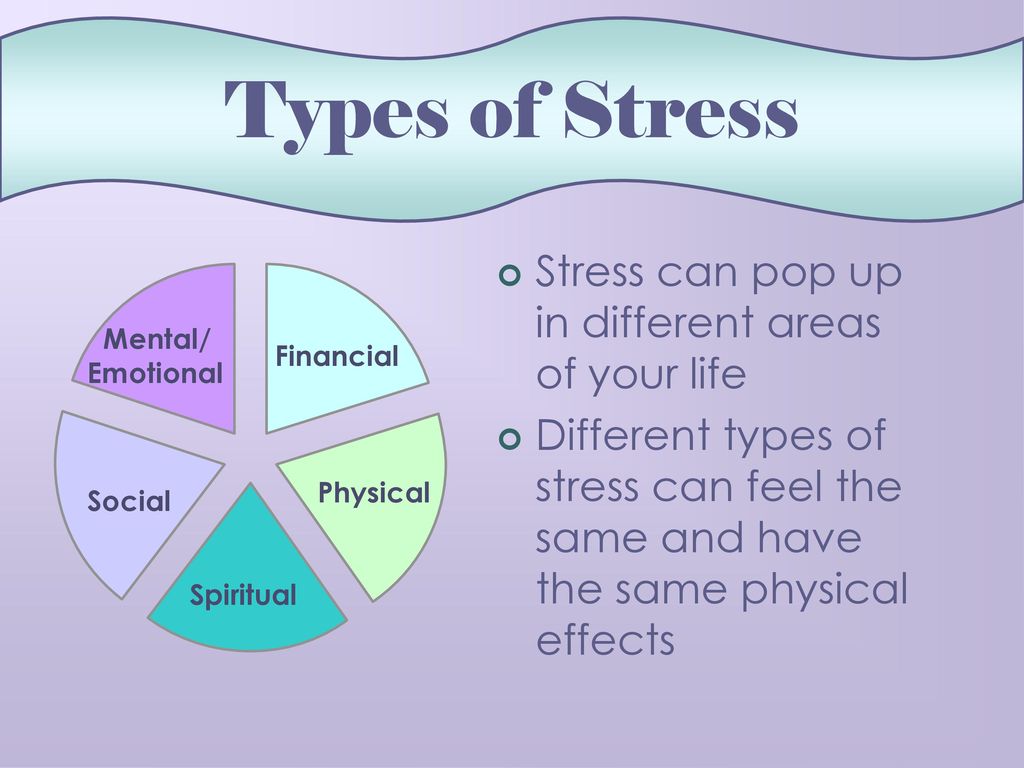
4. To find the right counting rhythm, breathe slowly and calmly, without thinking about all sorts of worries with the help of your imagination. This method is very good at reducing stress. In a week start counting from 20 to 1, in another week from 30 to 1.
Proper breathing
Under stress, we take quick, deep breaths, often stray - sigh and suffocate. What to do and how to breathe properly in a stressful situation? In contrast to the type of breathing described above, there is the so-called "abdominal" breathing - breathing with the participation of our main respiratory muscle - the diaphragm. It is also called "belly breathing". Such breathing is always even, deep, and relaxation happens by itself.
Try this:
1. Place your right hand on your stomach and your left hand on your chest.
2. Calmly, freely exhale, as if releasing all tension from the body with this exhalation, and you will see and feel that your stomach is drawn in at the moment of exhalation.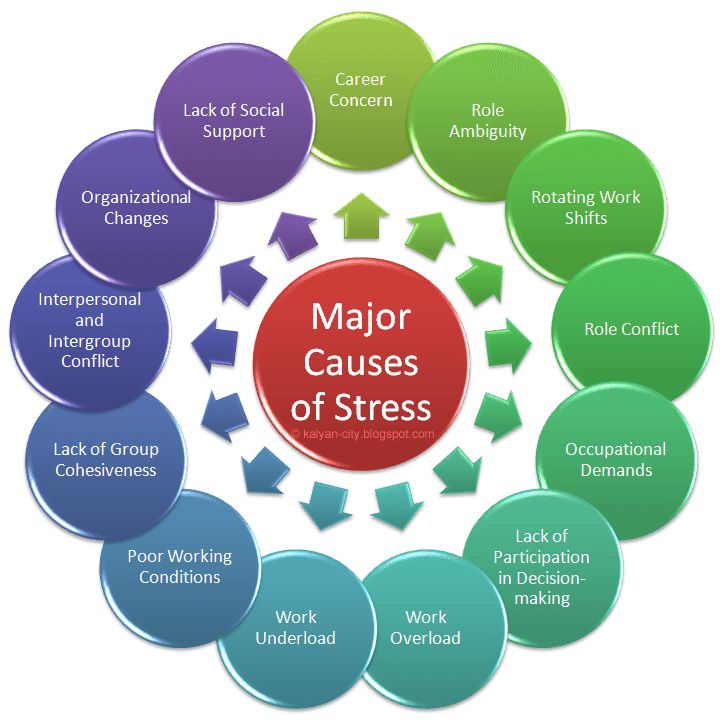
3. Now inhale through your nose and feel your belly expand while your chest is practically still. It was a breath through the diaphragm, not the muscles of the chest.
4. Continue breathing while repeating steps 2-3-2-3-2-3… and you will feel a relaxing wave going through your body. Do not breathe too deeply, breathe in the rhythm that is most comfortable for you. After breathing like this for a few minutes, you prepare your body for a relaxation session.
Relaxation of the body and mind
Stress brings the muscles into a state of readiness for exercise, increases their tone (tension at rest), and when they relax, the brain receives a signal that the situation has been discharged and, thus, is relieved stress tension. For a relaxation session, you need a warm, well-known room where no one will disturb you for about 20 minutes. During a relaxation session, you can sit in an armchair, but it is better to lie on a bed or on the floor, be sure to put a pillow or cushion under your head.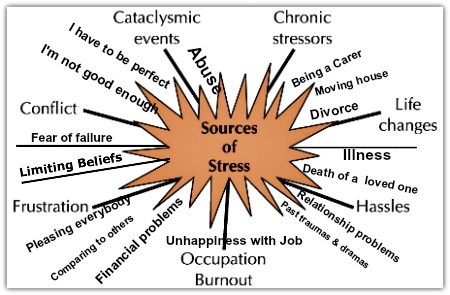
1. Lying on your back, arms along the body, close your eyes and start breathing with your stomach. Feel the tension leaving your body with each exhalation. Imagine how the sun's heat penetrates your body, relaxing it and making it heavy. Your breathing becomes naturally deep and calm.
2. Clench your right fist and tighten the muscles of your right hand. Hold your hand in tension for a while, and then relax it. Do the same with the left hand.
3. Tighten the muscles of the right leg so that the knee rises slightly. Do not overdo it, otherwise the leg can be reduced. Concentrate on your right leg, feel the tension in your muscles, and then relax as you exhale. Feel how the leg becomes heavier, the tension disappears, and then do the same operations with the left leg.
4. Say "relax" as you exhale and think of tension leaving your body.
5. Raise your shoulders, try to literally pull them up to your ears. Hold this position, feel the discomfort in your shoulders, chest and head.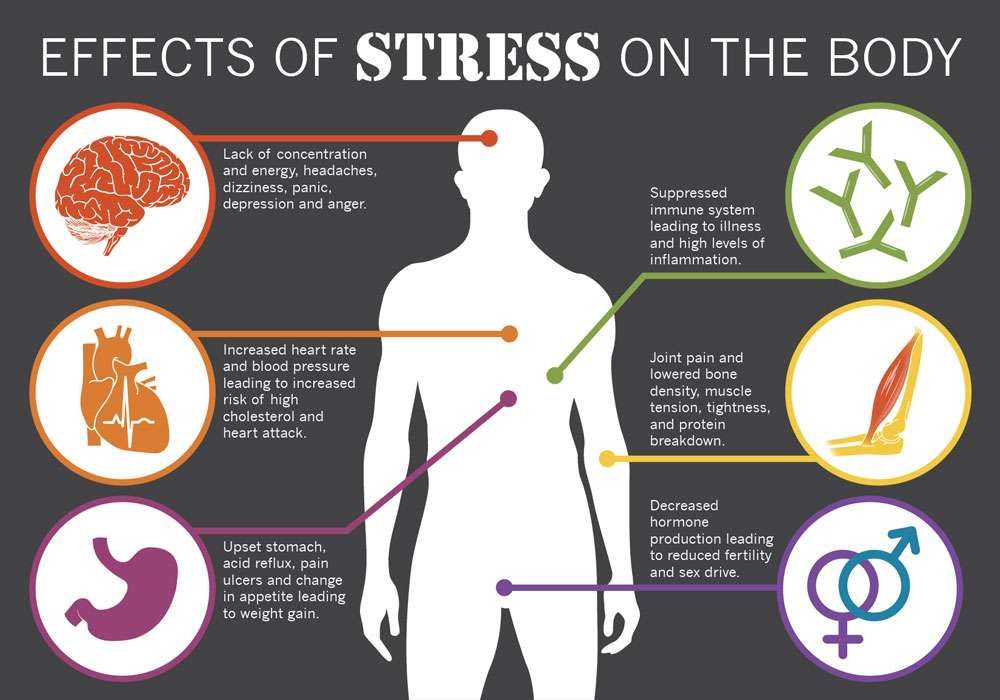 Then, while exhaling, gradually loosen the tension in the muscles and then let them relax completely.
Then, while exhaling, gradually loosen the tension in the muscles and then let them relax completely.
6. Tighten the muscles of the neck, pressing the back of the head into the pillow, linger and gradually relax again.
7. Tighten your shoulders, as if pressing them into the bed (if you are lying), arch your back (if you are sitting). Feel the tension in your back and neck, and then relax as you exhale.
8. Pull your stomach in as much as possible, tense your abdominal muscles. Your breath has moved into the chest, you breathe from the chest, and this is a slightly different breathing. Feel the tension and relax to the end.
9. Tighten your facial muscles, purse your lips, your face turns into a grimace. Feel how uncomfortable and unnatural it is, and then gradually release the tension, feel that your face becomes smooth and calm again, and imagine that the sun is shining in your face, not blinding, but as if warming you.
10. Let your body relax completely under your weight, feel that it has become as if softer and as if spreading over the bed.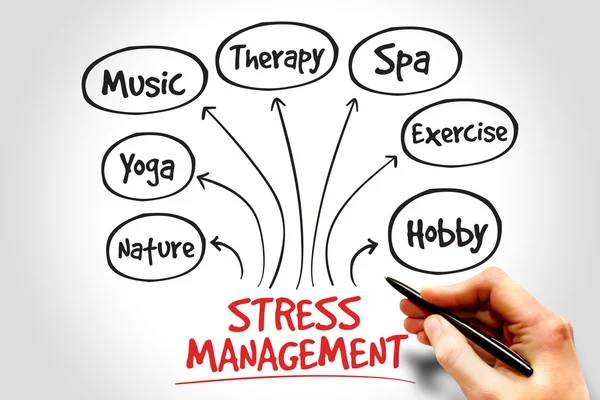 Breathe in the belly, feel the breath and the movements of the abdominal wall - up - down, up and down. Now peace has come and you imagine that you are in a garden with a well in the middle. You enter the garden and you smell the flowers, a light breeze touches your skin, the birds sing and you hear them singing, a stream murmurs nearby - this is your garden, nothing will disturb you here, and you can come here whenever you like, you just need to relax .
Breathe in the belly, feel the breath and the movements of the abdominal wall - up - down, up and down. Now peace has come and you imagine that you are in a garden with a well in the middle. You enter the garden and you smell the flowers, a light breeze touches your skin, the birds sing and you hear them singing, a stream murmurs nearby - this is your garden, nothing will disturb you here, and you can come here whenever you like, you just need to relax .
11. Now you need to return to the room you were in before. Just think about the room and your thoughts will take you back to it. Slowly open your eyes and stretch as if turning on. You can get up.
Having learned these simple tricks, you can now apply some of them. When you have not yet fully learned how to relax, you can use audio cassettes with relaxing music, you can even record a description of your actions on a voice recorder, so it will be easier to remember their sequence. In addition, this is your own voice, and you will perceive it more calmly.
By conducting such relaxation sessions 1-2 times a day, you can achieve that you can feel excessive tension in the muscles in advance and relax them in order to prevent accumulation. Perhaps even without realizing it.
Sleep
An important place belongs to a good sleep, the correct mode of work and rest. Sleep is the most effective form of relaxation. If you can sleep "like the dead", then this is just happiness for you. Many people under stress can, at best, switch off for short periods of time, which is not at all refreshing and even exhausting. If you suffer from sleep disorders under stress, then here are some tips that may be helpful.
Sleep requires silence. Try to eliminate the source of noise or, if this is not possible (for example, you are unlikely to be able to move a railway line or an airport near your home), go to the country, to your parents - anywhere where they can provide you with a quiet room to just sleep.
By the bed should be comfortable.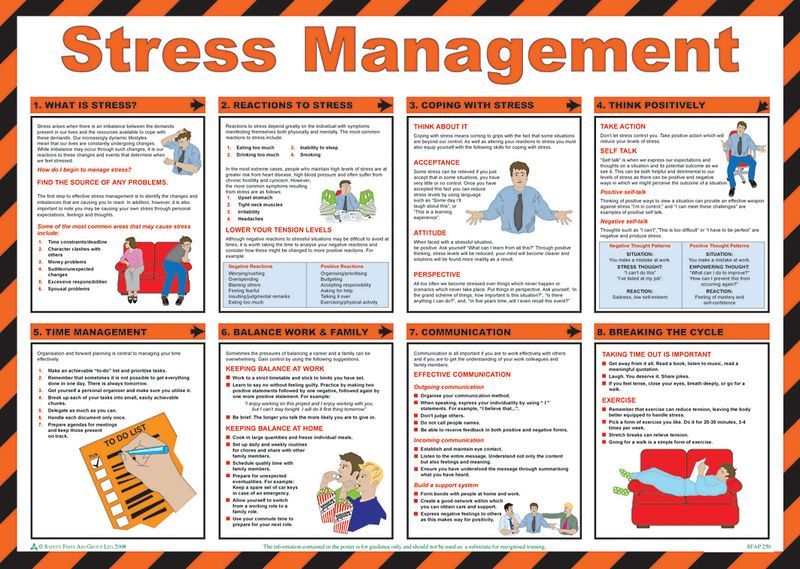 If, with a growth of under 2 meters, your bed is so long that your legs hang down, and the blanket barely covers you halfway, then there is nothing to be surprised at your insomnia. Just get yourself a proper bed.
If, with a growth of under 2 meters, your bed is so long that your legs hang down, and the blanket barely covers you halfway, then there is nothing to be surprised at your insomnia. Just get yourself a proper bed.
Avoid afternoon tea or coffee. It may be that dose of caffeine that keeps you awake.
A little exercise, even a little tired (2-3 hours before bed) will help you sleep.
Do not overeat at night! Your stomach won't let you sleep. The last meal should be 3 hours before bedtime.
Try to go to bed at a certain time, this can also help. Take a warm shower before bed.
Don't tell yourself: "You need to sleep for 8 hours." Maybe 6 is enough for you in your position. Napoleon slept 4-5 hours. Another thing is if you want to sleep and can't sleep. But remember that putting yourself into sleep by force is not worth it either.
Overexcitement from joyful events or mental stress can also prevent you from falling asleep. Try not to watch TV shows and films that relish horror, shooting and murder before going to bed. Read a good book, listen to your favorite music, relax - this should help.
Read a good book, listen to your favorite music, relax - this should help.
If the cause of insomnia is a disturbance in the natural rhythm, then these methods will help you. In extreme cases, you can use sleeping pills, but first consult with your doctor.
Specific advice
In a critical situation, each person has to decide what to do - to fight, to defend himself or simply to leave, to run away from the danger "without accepting the fight."
What to do? In any situation, in any situation, no matter how dangerous they are, one must look for a way out of the apparent impasse.
Try to resolve conflicts and misunderstandings as quickly as possible.
When showing restraint in the most fundamental conflict, it is important to get rid of irritation in order to save your heart. This will give you the opportunity to maintain control over yourself and not bring the conflict to a new round.
Treat others as you would treat yourself.
Set realistic goals and achieve them. Learn to plan your affairs, prioritize.
Weigh the expediency of actions and deeds.
Laugh and smile more often. When you laugh, your facial muscles relax, emotional tension drops, and positive feelings of perspective appear. The ability to see the funny or funny in your own difficulties is the best way to change your attitude to the problem.
Hope for the best. If you expect trouble, then most often they happen. You seem to predict failure for yourself, your behavior changes, others react to it accordingly - and trouble occurs.
Avoid being alone with a problem. Tell your loved ones about this. Do not deprive yourself of friendly support. People who have many friends are in a better position, it is easier for them to survive in difficult life situations.
Take up exercise. Good physical shape increases stress resistance.
Maintain those habits that increase your sense of stability and self-confidence: start the day as usual, with morning exercises, a habitual shower and a coffee sandwich.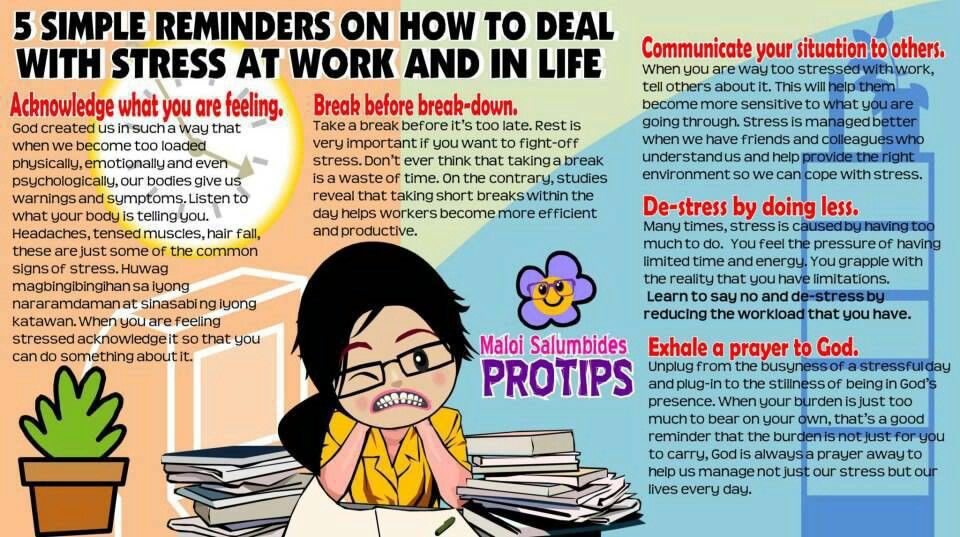 By doing this, you make it clear to yourself that you “got up on the right foot” and everything is going according to plan.
By doing this, you make it clear to yourself that you “got up on the right foot” and everything is going according to plan.
Prolonged stress leads to increased consumption of vitamins and minerals. During this period, it is very important to establish proper nutrition. It is necessary to include garlic, onions, dairy products in the diet. It is recommended to consume 100-200 grams of carrots every day, and also eat 1 banana. Bananas contain the alkaloid harman, which is based on the so-called "drug of happiness" - mescaline. In this state, it is important to know that vitamins A, B, C, E, calcium, glucose relieve tension. Causes a surge of energy, cheerfulness: magnesium, manganese, essential amino acids (methionine, phenylalanine, tryptophan). Indulge yourself with a bunch of grapes, a handful of raisins or 2-3 peaches, apricots - such a treat, due to the high content of potassium, strengthens the nervous system and adds positive emotions. By eating foods containing iodine (feihua, irgi fruits, cauliflower), you strengthen mental immunity.
If you are in a state of psychological stress, then try to help your body: choose foods that are pleasant and healthy for you. Instead of sweets and sugar, take sweet fruits, and replace buns and cakes with bran bread and spread it with high-quality margarine enriched with vitamins.
Wiping with cold water with the addition of table salt (1 tsp per 0.5 liter of water) in the morning and evening will help you relieve the state of nervous overstrain. Baths and baths with medicinal herbs are also useful.
Be sure to use aromatherapy. When inhaled, essential oils (oils of fir, lavender, basil, bergamot) stimulate mental activity, relieve stress. Modern aromatherapy offers the use of essential oils in massages, baths and saunas.
The pioneer of the method called "animatherapy" is the New York doctor B. Levinson, who discovered the method of treatment with the help of animals. He took a cat as his assistant, and then placed in a foster aquarium with bright tropical fish.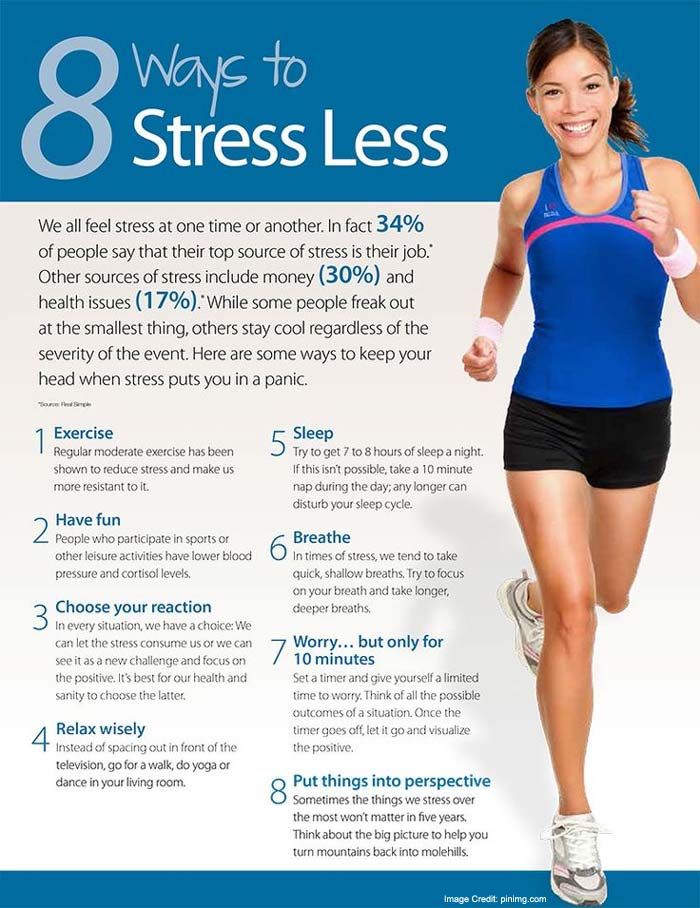 It has been proven that the bioenergetics of some animals can have a positive effect on diseased human organs. A four-legged friend can save you from hypodynamia, and nightingale trilling sessions are used in the treatment of heart disease.
It has been proven that the bioenergetics of some animals can have a positive effect on diseased human organs. A four-legged friend can save you from hypodynamia, and nightingale trilling sessions are used in the treatment of heart disease.
Compiled by a teacher of psychology - Kusheleva M.V.
10 ways to deal with stress
The frantic rhythm of modern life often threatens a person with stress. Various troubles can completely demoralize a person: problems in the family, numerous minor failures, conflicts at work.
Therefore, everyone needs to know how to relieve stress.
1. Take a break. The main source of stress is overexertion, so rest helps to deal with it. But this does not mean that you need to sit in front of the TV all day, have an active rest, go to nature, to fresh air.
2. Vitamin therapy. Stress causes the human body to turn on all internal reserves, in order to maintain its performance, eat healthy foods rich in vitamins C (apples, tomatoes, rose hips) and B (dried fruits, cabbage, beets, almonds, chicken liver, fish, etc.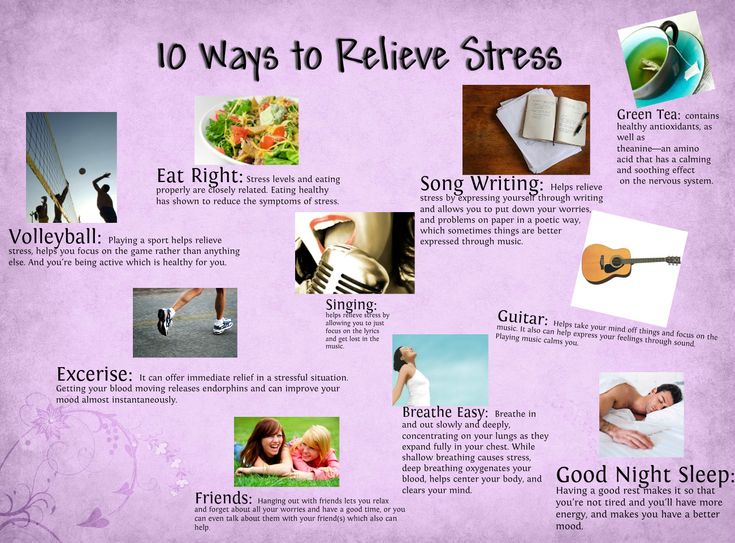 .).
.).
3. Proper nutrition . Another way to relieve stress is to eat foods that improve your mood. As you know, an indispensable assistant in the fight against stress is the hormone of happiness - serotonin, and foods such as bananas, almonds, chocolate and many others contribute to its production. But not all foods will help you fight stress, limit your intake of sugar, caffeine and fatty foods as much as possible. Stop snacking if you're not hungry. If insomnia is your constant companion - ventilate the room at night, limit your caffeine intake, do not eat before bed.
4. Aromatherapy. The beneficial effects of fragrant essential oils have been known since ancient times. Essential oils of rose, lavender, jasmine and cypress have a calming effect.
5. Psychological assistance. Intimate conversation as a way to relieve stress is very effective. Sometimes a person in a state of emotional stress simply needs to speak out, often in order to see the problem from a different angle, it is enough just to voice it.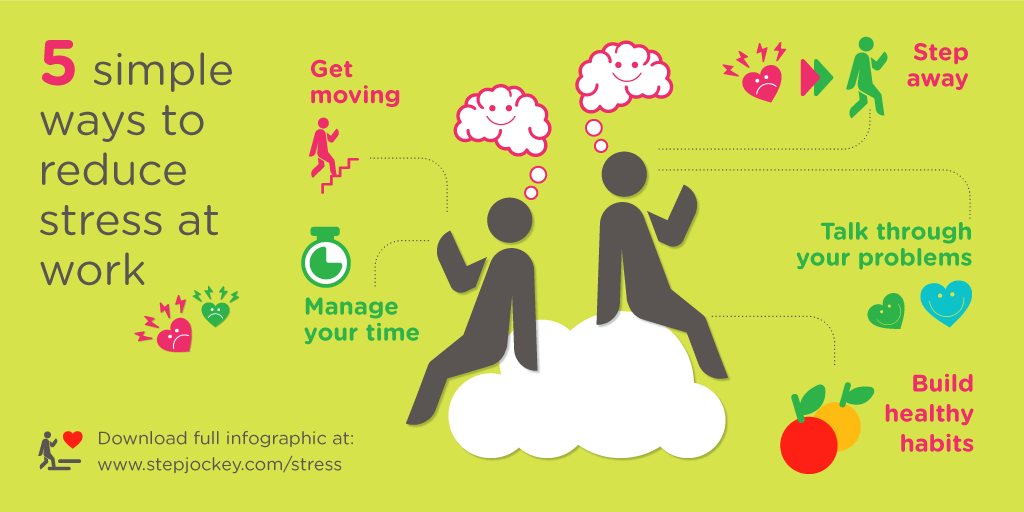 Friends can help you deal with stress. Also, if you find yourself in a difficult life situation, you can apply for qualified assistance directly to the institution "Bykhov District Center for Social Services for the Population" or by calling 77 - 724, the National Children's Help Line (phone - 8-0801-100-1611).
Friends can help you deal with stress. Also, if you find yourself in a difficult life situation, you can apply for qualified assistance directly to the institution "Bykhov District Center for Social Services for the Population" or by calling 77 - 724, the National Children's Help Line (phone - 8-0801-100-1611).
6. Extreme in the fight against bad mood . Another effective way to relieve stress is to expose the body to a new type of stress.
7. Go in for sports. Sports help fight stressful situations, and they also make the body more resistant to emotional influences. This is a great way out for many - to do physical exercises. And, it doesn't matter which ones. Perhaps it will be running, push-ups, cycling, strength training. Try it and you will see that it really works! The greatest effect will be from exercises where regular repetitions are needed (for example, running) makes the body relax. And this, in turn, makes your body and brain respond to stress adequately.